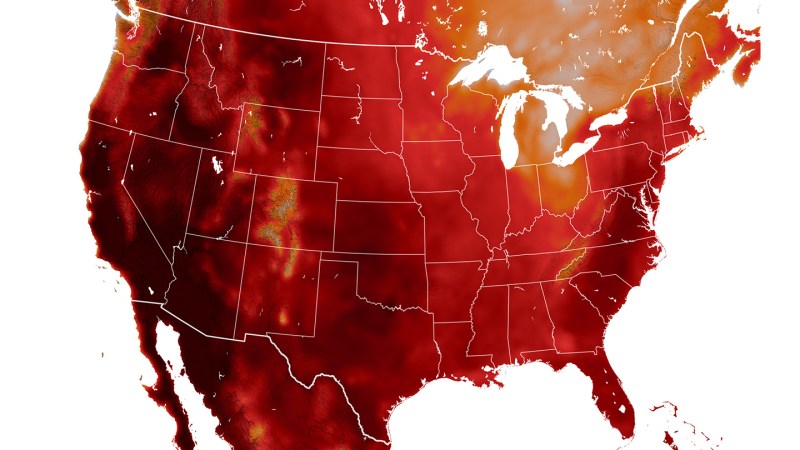Extreme Climate Survey
Scientific news is collecting questions from readers about how to navigate our planet’s changing climate.
What do you want to know about extreme heat and how it can lead to extreme weather events?
Khatana and colleagues looked at two hypothetical futures—one with a lower increase in greenhouse gas emissions and one with a higher increase in emissions (SN: 1/7/20). First, using the monthly number of days with extreme temperatures and the monthly number of deaths from 2008 to 2019, the researchers estimated how many deaths are now associated with extreme temperatures. With the help of previously developed predictions of what temperatures and population sizes will be like decades from now, the team then estimated the number of extreme temperature-related deaths in the middle of the 21st century for each hypothetical future.
From 2036 to 2065, the annual number of deaths could double in a future with a lower increase in emissions, or triple in one with a higher increase in emissions, the team found.
The highest increase in deaths was among the elderly, non-Hispanic black adults, Hispanic adults and adults living in urban areas, the researchers note.SN: 4/8/24). This may be due to an increasing number of people in these populations, but Khatana says, “neighborhoods with more minority residents have, on average, lower tree cover and access to air conditioning, which affects the temperatures that people experience”.
